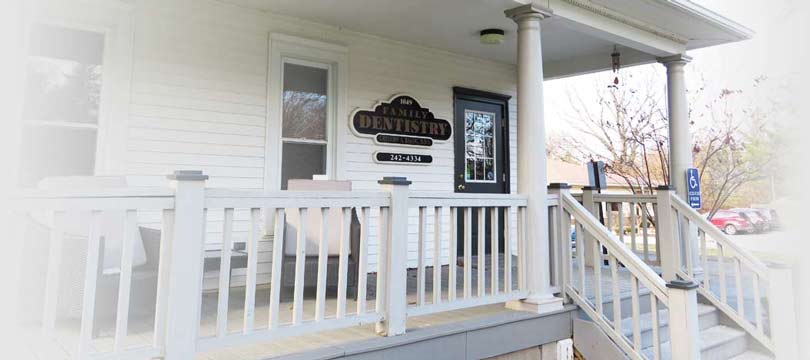
You may already have dental sealants on your teeth or perhaps are considering getting them as a result of tooth decay and cavities. Clinical studies show that sealants are extremely effective at preventing cavities, especially for kids who are still developing and/or those who are exposed to more risk factors for cavities.
According to the American Dental Association, sealants are extremely safe and reduce the risk of cavities on permanent molars by about 80%. These are pretty staggering numbers, and the ADA goes on to explain that sealants are safe for those that get them.
But what exactly are sealants and how can you tell if you need them?
Sealants are made of a very thin plastic solution that is painted on to the teeth and is usually applied to the molars and premolars. They are extremely effective at preventing cavities and tooth decay by acting as a barrier that protects your tooth enamel from plaque and acids.
In many cases a sealant application can last for many years before another application is required. We often recommend cavity-prone children between the ages of 6 and 14 receive sealant applications, but adults with decaying teeth or those with fillings can also benefit from the protection offered by dental sealants.
The process of applying dental sealants is a relatively straightforward, simple procedure. Here’s how it’s done:
- The teeth are thoroughly cleaned to prepare for application
- The teeth are then dried in order to improve the bond of the sealant solution with the teeth.
- A solution is applied to the chewing surfaces of the teeth.
- The sealant solution is painted onto the teeth.
- The solution bonds directly to the teeth and quickly hardens.
Of course, dental sealants do not substitute regular preventative maintenance of our teeth like brushing, flossing and regular dental visits. The solution simply adds another layer of defense against plaque causing foods and drinks that can lead to tooth decay.
As mentioned earlier, children are prime candidates for dental sealants and many insurance providers cover this procedure for those under 18. But some adults with fillings or decaying teeth may also be candidates for dental sealants and should discuss the procedure with a dentist.
If you have any questions are want to make an appointment to discuss dental sealants for you or your children, contact us today.

 Request an Appointment
Request an Appointment